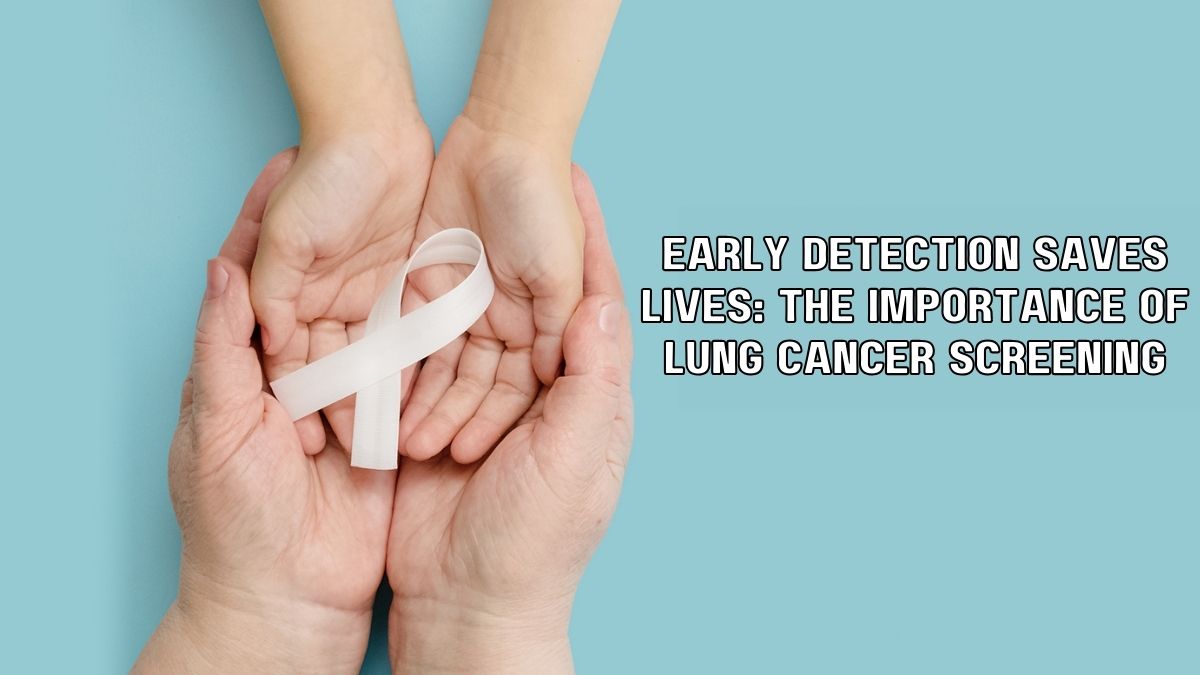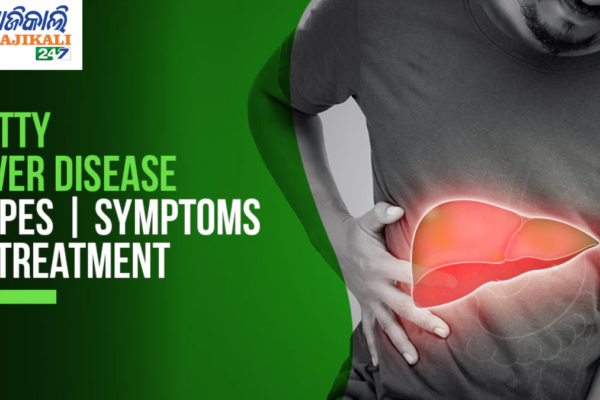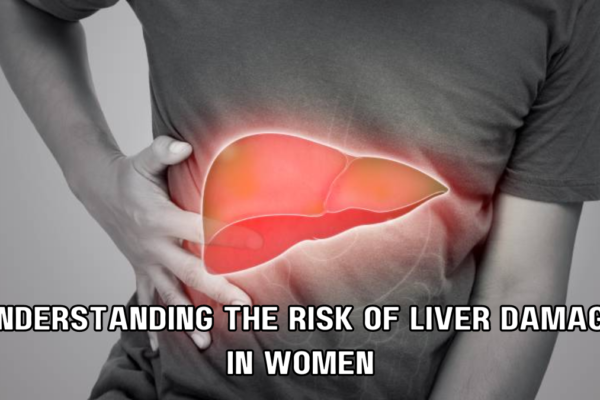Introduction
Lung cancer is a formidable adversary, claiming more lives each year than breast, colon, and prostate cancers combined. The statistics are grim, but there’s a beacon of hope shining through—early detection. It’s a proven fact that early detection saves lives, and lung cancer screening plays a pivotal role in this battle against a relentless disease.
Understanding Lung Cancer
Lung cancer is often asymptomatic in its early stages, making it challenging to diagnose until it has reached an advanced, often incurable, state. This is why lung cancer has one of the lowest survival rates among all cancer types. However, when detected at an early stage, the survival rates increase dramatically.

The Power of Early Detection
The concept of early detection is simple yet immensely powerful. By identifying cancer when it’s still localized to the lungs and hasn’t spread to other parts of the body, doctors can intervene with more effective treatments. This results in a significantly higher chance of a full recovery or, at the very least, a prolonged and improved quality of life.

Lung Cancer Screening
Lung cancer screening involves using low-dose computed tomography (LDCT) scans to detect abnormal growths or nodules in the lungs, even before symptoms manifest. LDCT scans are quick, painless, and non-invasive, making them an excellent tool for early detection.

Who Should Get Screened?
While early detection is crucial, not everyone needs to undergo lung cancer screening. Screening is generally recommended for individuals who meet the following criteria:
- Age and Smoking History: People aged 55 to 80 years who have a significant smoking history (e.g., a pack a day for 30 years or two packs a day for 15 years) should consider screening.
- Current Smokers or Recent Quitters: Even if you’ve quit smoking within the past 15 years, you may still benefit from screening.
- No Symptoms: It’s important to note that screening is for asymptomatic individuals. If you’re experiencing symptoms such as persistent cough, chest pain, or unexplained weight loss, consult a healthcare professional immediately.
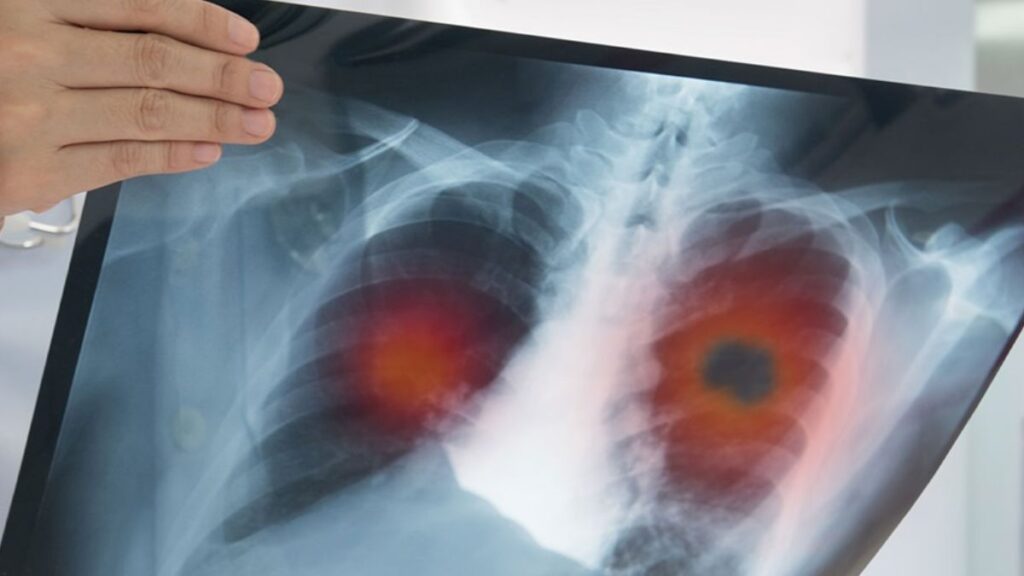
Benefits of Lung Cancer Screening
- Early Detection: As previously emphasized, early detection is the most significant benefit of screening. It can lead to timely intervention and improved outcomes.
- Reduced Mortality: Studies have shown that lung cancer screening can reduce lung cancer-related mortality by up to 20%, a substantial and potentially life-saving reduction.
- Quality of Life: Even if cancer is detected, early intervention often leads to less invasive treatments and a better quality of life during and after treatment.
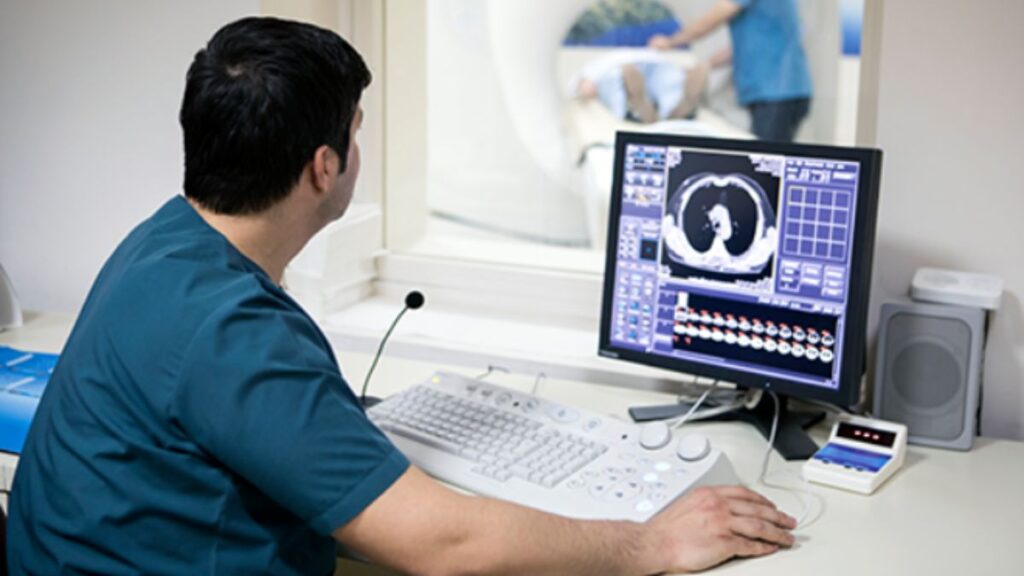
Conclusion
Lung cancer is a formidable adversary, but it can be defeated with the power of early detection. If you or a loved one meet the criteria for lung cancer screening, don’t hesitate to discuss it with your healthcare provider. Early detection through screening is a crucial step towards saving lives and turning the tide against this devastating disease. Remember, early detection saves lives.

